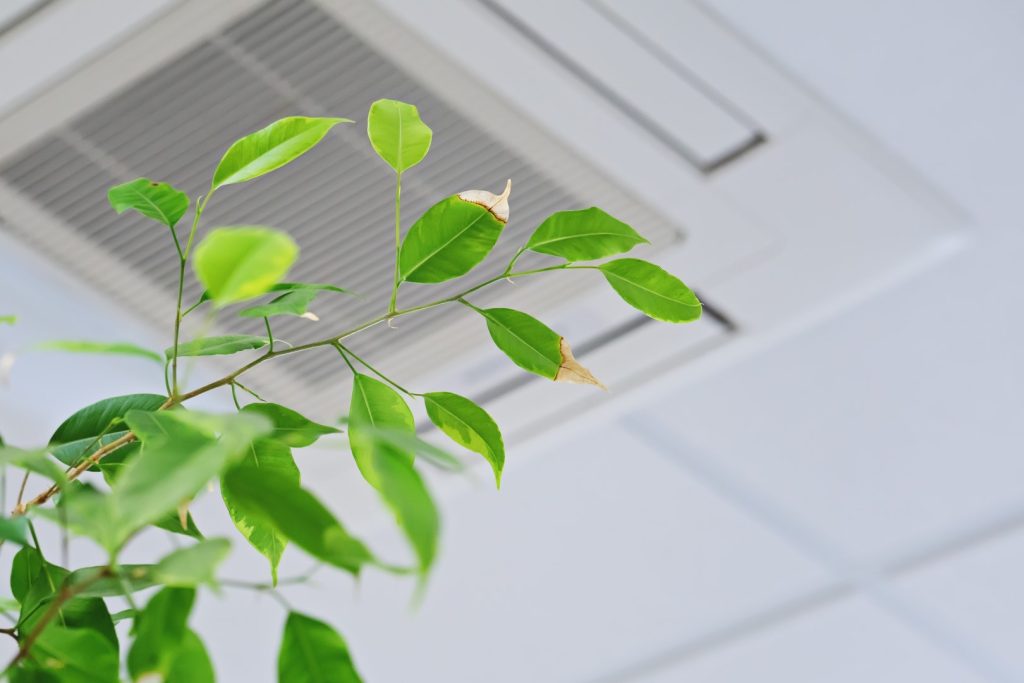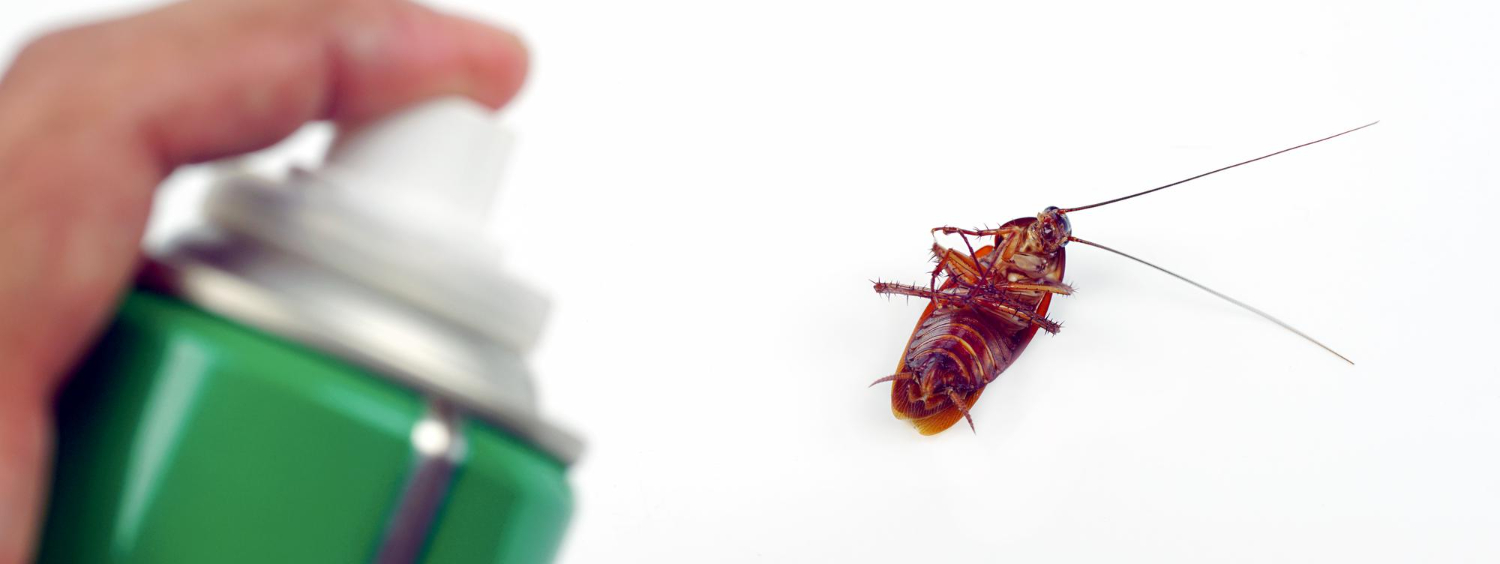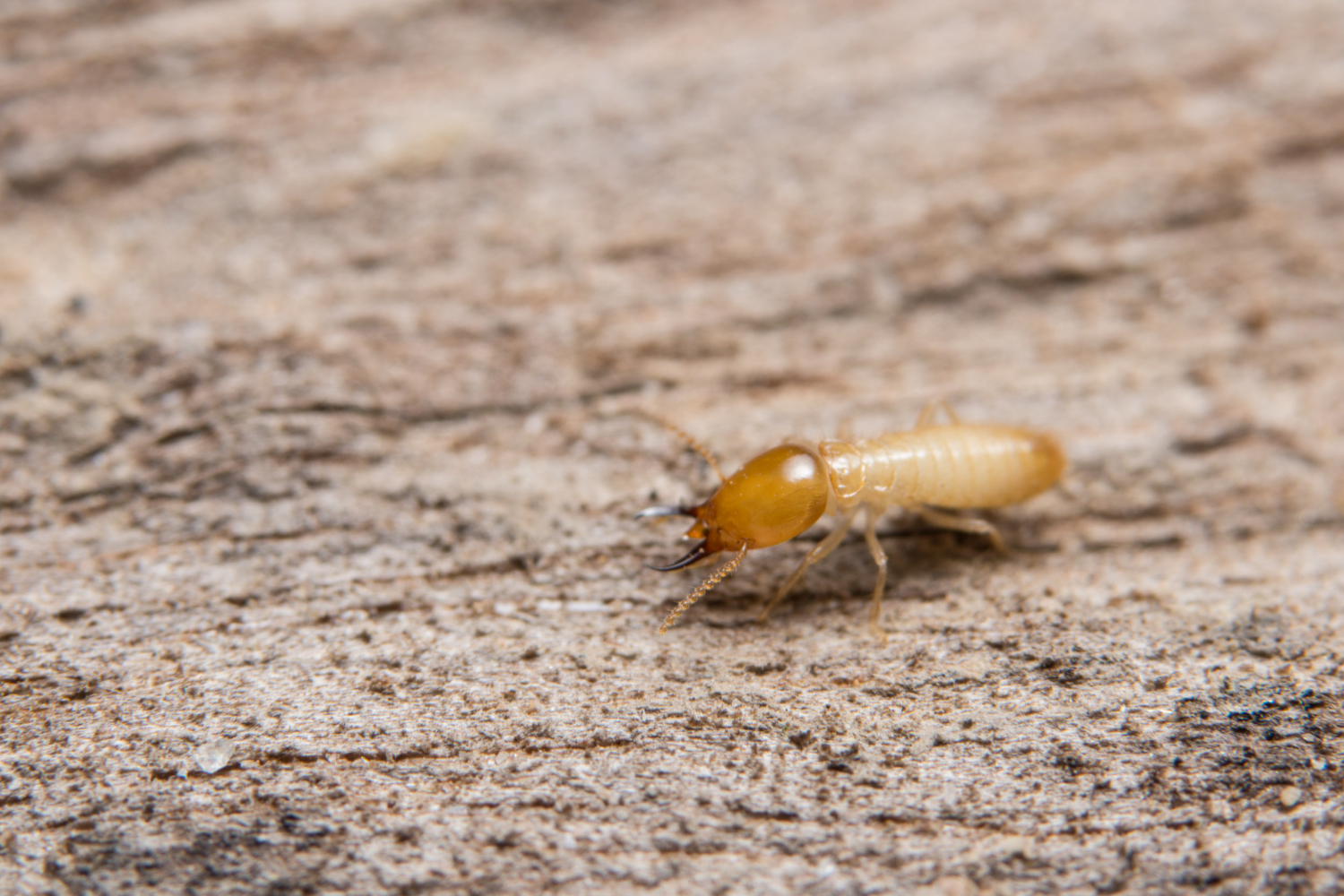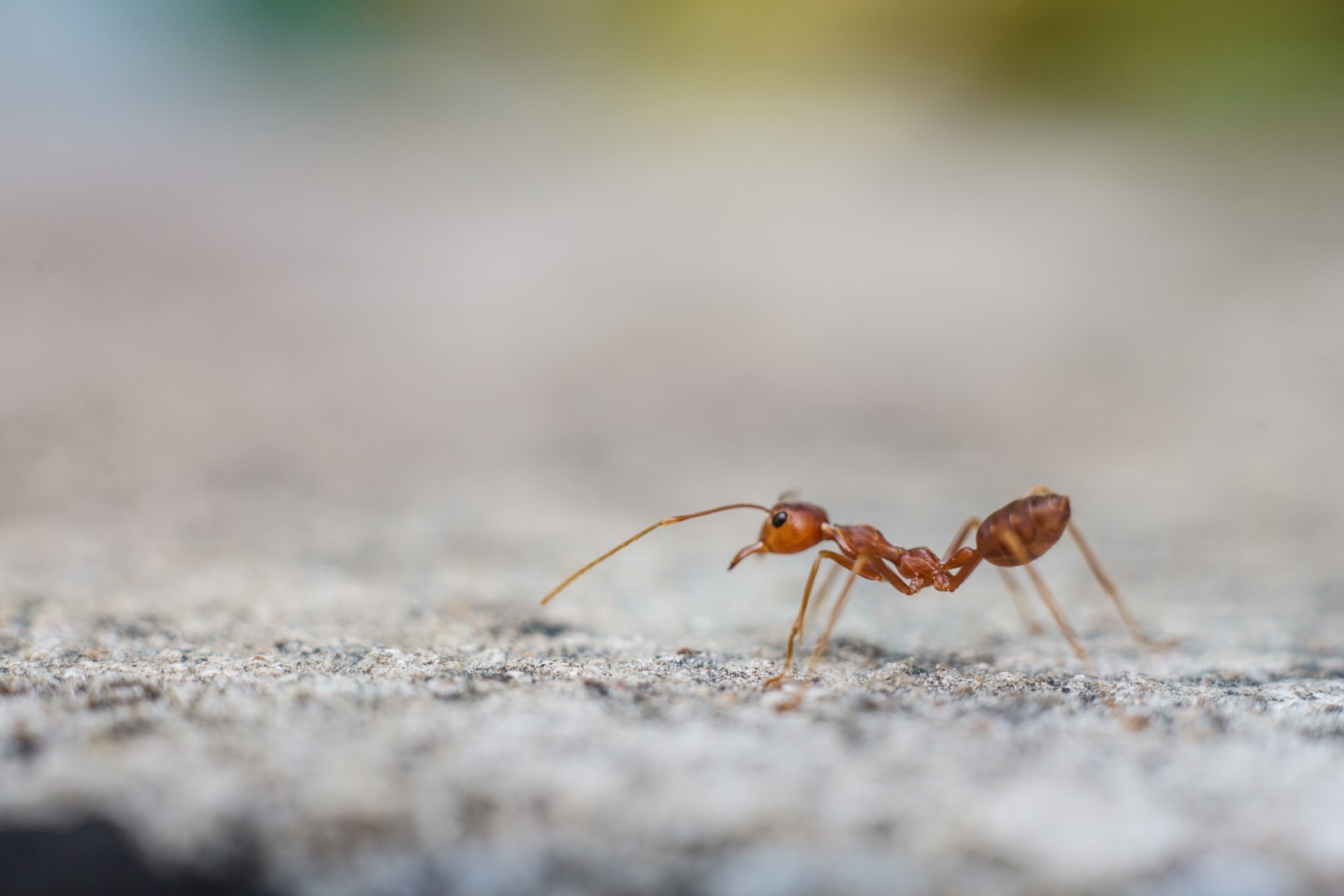Indoor air quality is a significant factor in the overall health and comfort of your home. While factors like ventilation and pollutants are often considered, the presence of pest infestations can also play a substantial role in indoor air quality. In this article, we’ll explore the impact of pest infestations on indoor air quality and why Termite Rescue’s pest services are crucial for a healthier living environment.
1. Allergenic Particles
Pest infestations, particularly those involving insects and rodents, can release allergenic particles into the air. These particles may include:
- Fecal Matter: Pest droppings, such as those from rodents and cockroaches, can become airborne as they dry, releasing allergenic proteins into the air.
- Urine: The urine of pests like rodents can evaporate, leading to the release of allergenic compounds that can be inhaled.
- Saliva and Shedding: Even the saliva and shedding of pests like cats and dogs can contribute to indoor allergens.
These allergenic particles can trigger or exacerbate allergies and respiratory conditions, leading to symptoms like sneezing, coughing, wheezing, and skin rashes.
2. Asthma Aggravation
For individuals with asthma, the presence of allergenic particles from pest infestations can be especially concerning. Inhaling these particles can lead to asthma exacerbations and more frequent attacks.
3. Pest-Related Diseases
Certain pests, such as ticks and mosquitoes, can transmit diseases to humans. While these diseases may not be airborne in the traditional sense, the presence of disease-carrying pests can pose a direct health risk. Controlling and eliminating these pests is essential for protecting indoor air quality.
4. Pest Odors
Some pests emit distinctive odours that can permeate the indoor air. For example, the musty odour associated with bed bugs or the pungent scent of rodents can be unpleasant and negatively impact indoor air quality.
5. Structural Damage
Pest infestations can lead to structural damage, such as wood decay caused by termites. Damaged structural elements can release wood particles and dust into the air, further affecting indoor air quality.
6. Termite Rescue’s Pest Control Services and Improved Air Quality
To improve indoor air quality and mitigate the impact of pest infestations, Termite Rescue offers professional pest control services.
- Pest Control: Termite Rescue’s pest control services are designed to identify and eliminate infestations, reducing the release of allergenic particles and pest-related diseases.
- Proper Ventilation: Ensure your home has proper ventilation to remove indoor air pollutants and maintain fresh air circulation. Termite Rescue’s experts can offer guidance on improving ventilation.
- Regular Cleaning: Termite Rescue recommends frequent cleaning to remove allergenic particles and dust from indoor surfaces, significantly improving air quality.
- Air Purifiers: Consider using air purifiers with HEPA filters in conjunction with Termite Rescue’s services to capture allergenic particles and further enhance indoor air quality.
In conclusion, the impact of pest infestations on indoor air quality is a critical consideration for a healthy home environment. By addressing and preventing pest issues with Termite Rescue’s pest services, you can significantly improve air quality and reduce the risk of allergies and respiratory conditions associated with pest-related allergens.




